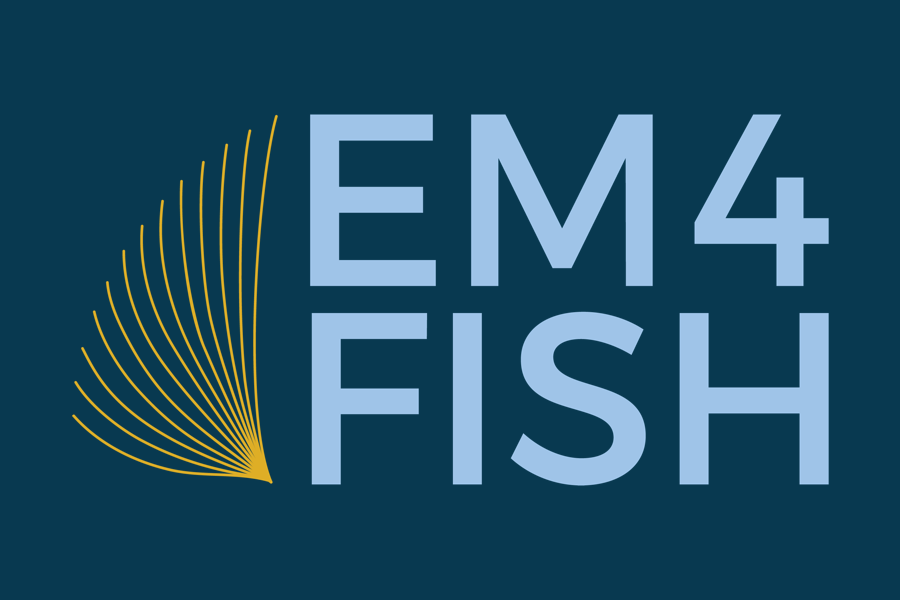Original post retrieved from the International Seafood Sustainability Foundation (ISSF). ISSF has supported related EMS pilot studies in other regions and is a partner in the EMS activities of the Common Oceans ABNJ Tuna Project in Ghana. ISSF has drafted standards for the implementation of EMS and advocates universally for stronger MCS measures like EMS at tuna RFMOs.
Stakeholders in Indian Ocean tuna fisheries recently pooled resources for an important first in the Seychelles region. Several organizations are charged with collaborating to build capacity on the use of electronic monitoring systems (EMS) on fishing vessels there:
- Common Oceans ABNJ Tuna Project — supported by the Global Environment Facility (GEF) and implemented by Food and Agriculture Organization (FAO) of the United Nations and 19 partners
- Seychelles Fishing Authority (SFA)
- Organization of Associated Producers of Large Tuna Freezers (OPAGAC)
These groups are evaluating the feasibility of using EMS for monitoring, control and surveillance(MCS) of Seychelles-flagged fishing vessels, as well as of foreign-flagged vessels licensed to operate in the Seychelles. While the Common Oceans ABNJ Tuna Project has been involved with EMS in the Pacific and Atlantic — in in Fiji and Ghana, respectively — the Seychelles project is its first EMS activity in the Indian Ocean, which accounts for about 20% of the world’s tuna production.
Click here to read the complete article on the ISSF website.

